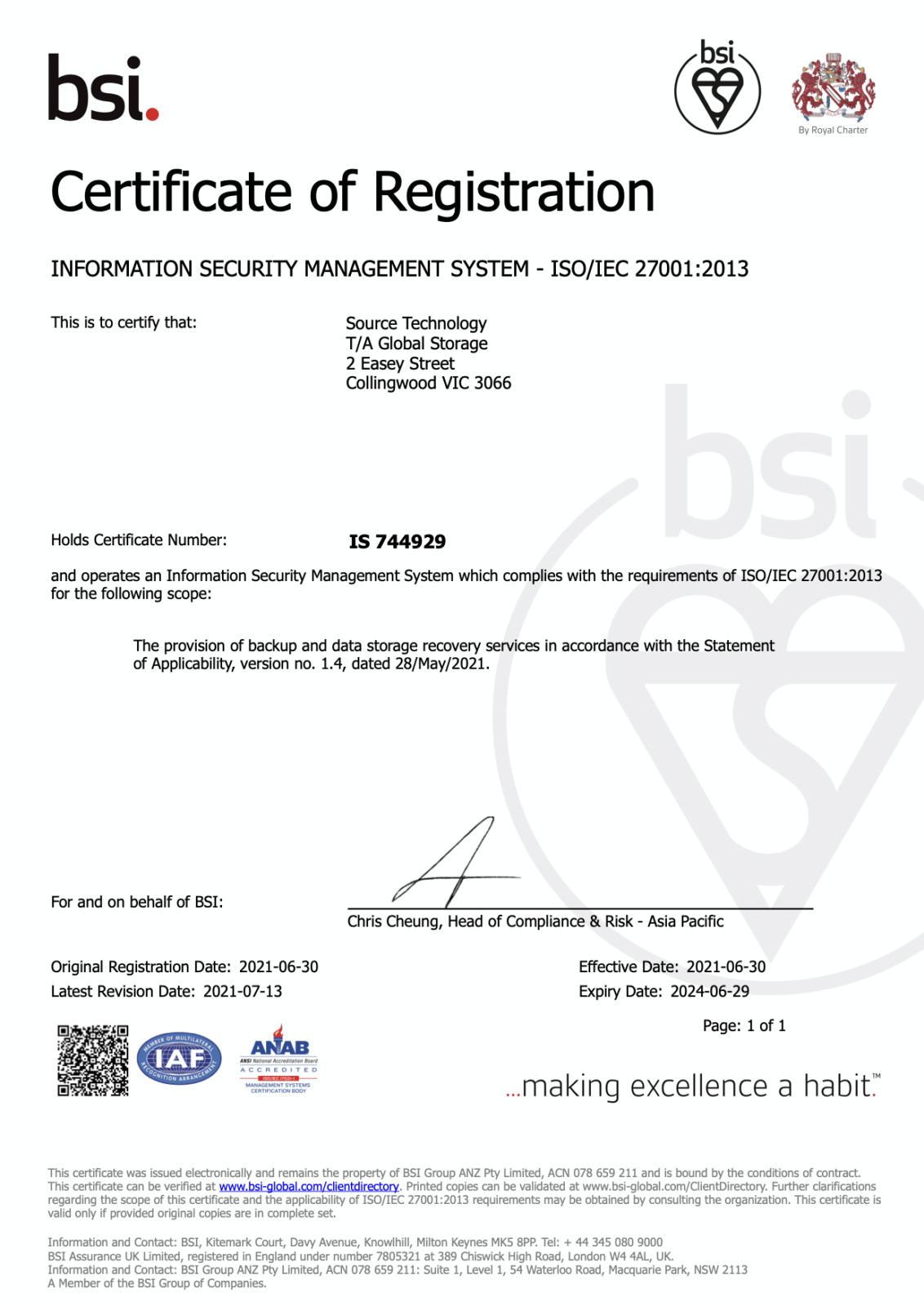How much is your customer data worth? And how much should you pay to protect it?
Modern businesses rely on data for every aspect of their operation. How you protect this data on a daily basis helps to define the operational integrity and success of your business. Along with intellectual property, financial data, and employee records, customer data demands special attention. While there is a cost associated with professional backup and disaster recovery services, it is minimal compared to the extensive losses associated with many data loss scenarios.
The real business value of customer data
The value of data is well-known, with an entire field of study called infonomics concerned with the economic value of information. However, despite the ability of data to transform every aspect of business, according to Gartner analyst Doug Laney, many companies manage their “office furniture with greater discipline than [their] information assets.”
According to Gartner, information has three foundational measures:
- Intrinsic value – How correct is your data?
- Business value – How relevant is your data?
- Performance value – How hard does your data work?
Customer data is particularly sensitive due to its high value across all three measures. The people who trust you with their data are largely responsible for your success, with data integrity offering a range of immediate and follow-through benefits. In order to measure the real cost of data backup and recovery services, it’s important to weigh up the direct costs with the following potential impacts of data loss.
Recovery Costs
There are a range of immediate and ongoing recovery costs associated with any data loss scenario. Lacking or incomplete backup solutions may cause data loss, with each accident or security incident needing to be analysed, corrected, and secured to ensure it doesn’t happen again. As you might expect, this can be an expensive exercise, with a single security incident enough to cause substantial damage to your balance sheet.
Loss of business continuity
In order to define the value of your customer data, it’s important to understand the opportunity costs associated with data loss. Whether it’s due to data theft, natural disaster, or human error, lost or compromised data has a range of potential impacts that threaten your ongoing productivity. Along with the immediate and direct costs associated with recovery, data loss is likely to compromise the continuity of your business operations.
Non-Compliance
Compliance is a serious issue for any business, especially when you’re dealing with private customer records. Depending on your industry sector and jurisdiction, non-compliance may have significant financial and legal implications. Professional third-party backup services allow you to meet stringent compliance obligations, including service-level agreements, reporting, and record-keeping. Non-compliance often comes with substantial fines, with prevention always better than cure.
Reputation damage
Integrated data backup solutions help you to avoid data loss and enable immediate recovery should a security event occur. Along with the immediate costs associated with recovery and non-compliance, and the long-term damage of lost business continuity, there are more indirect costs associated with reputation damage. A single security incident can threaten the hard-earned reputation of any business, with preemptive data backup and recovery measures needed to ensure a strong and enduring reputation.
Complete data backup and recovery solutions for Microsoft 365
From limited to substantial, from immediate to long-lasting, there are a number of real costs associated with data loss events. In order to secure your business and get it ready for the future, it’s important to look after your valuable data assets. Specialised third-party solutions are required for any business, especially those that rely on cloud-based software services such as Microsoft 365.
If you’re ready to take responsibility for your data, please download our white paper, Best Practices for Backing Up Microsoft 365



